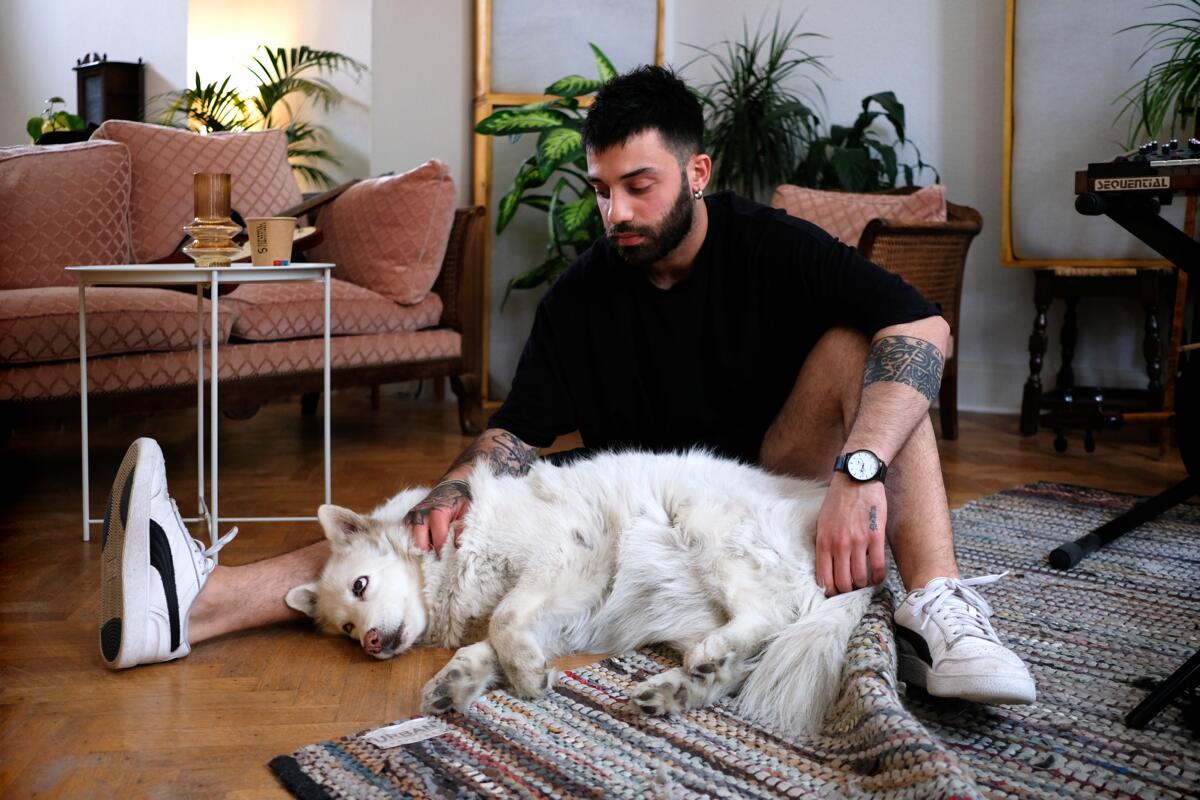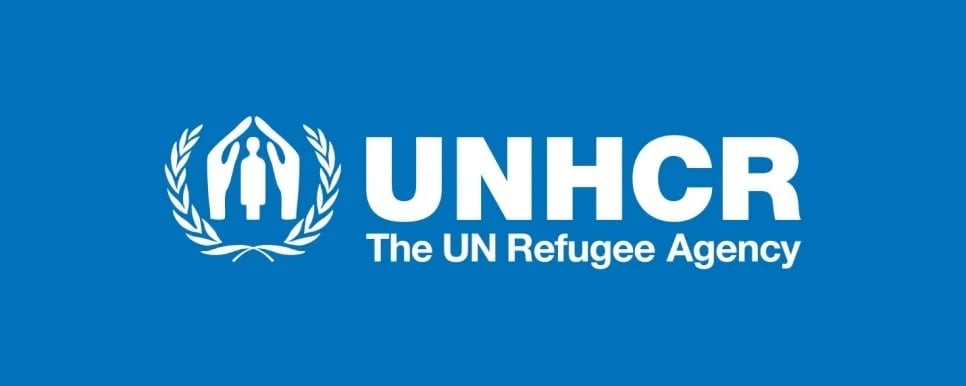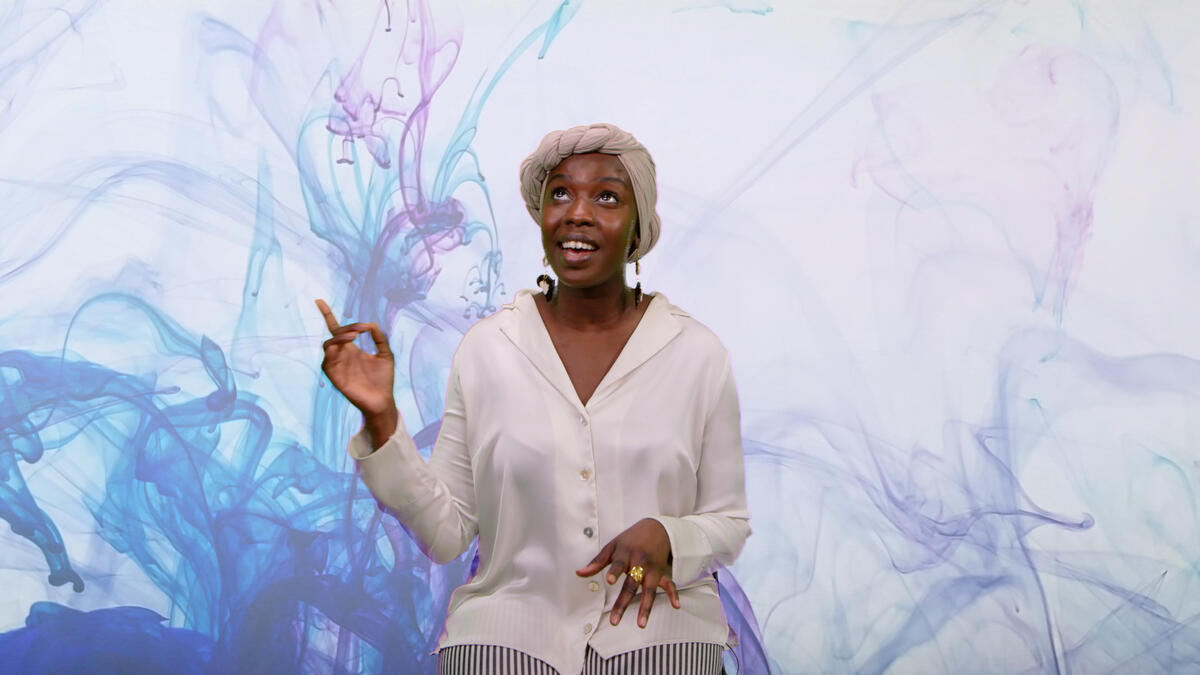'It was a very emotional moment … I felt that now I definitely exist'
Linda’s life in Russia shows what it means to overcome adversity. Her charisma shines in the YouTube videos she’s made covering pop hits. Outside her job organizing business events, she volunteers at eco-projects and works with children.
Yet for most of her life, the 34-year-old faced a problem that would have held back most ordinary people: she was stateless. She was not a citizen of Russia, the country of her birth, or of her mother’s country in the Middle East.
Most people take their national identity for granted, but without papers everything became more difficult for Linda, from opening a bank account to buying a SIM card, to renting an apartment. She constantly had to explain herself, a fact she sometimes found “frustrating and exhausting”. Through it all, she remained philosophical.
“My past is not only about battling bureaucracy … I have a fairly rich biography and, though everything has its pros and cons, I take it as it is,” she said.
Around the world, millions of people are stateless. There are at least 500,000 stateless people in Europe alone.
Most in Europe, like Linda, were born in the country in which they are stateless. But some can lack citizenship through migration or by being forced to flee their country as refugees, while others are unable to establish a legal link to the country where they are entitled to nationality.
Linda attended school but many stateless people struggle to gain an education, see a doctor, find work or travel. Even more basic things such as renting a home or getting married can be impossible.
"It's a matter of political will."
This month UNHCR, the UN Refugee Agency, marks the sixth anniversary of its 10-year #IBelong campaign to end statelessness.
It comes at a time when the COVID-19 pandemic has made it even harder for many stateless people to access healthcare and employment. That fact reinforces the need for urgency when it comes to resolving statelessness.
“Many governments have made great progress since the campaign began. But now is the time to redouble our efforts if statelessness is to be eradicated globally by 2024. In the end, it’s a matter of political will,” said UNHCR spokesperson Shabia Mantoo.
In some cases, statelessness in Europe is a reflection of the currents of the continent’s history. Sergio, for example, was born in 1946 in a refugee camp in Germany in the wake of World War Two. His father was a Soviet citizen and his mother German but he did not acquire German nationality.
When he was a small child, the family moved to Argentina, where he grew up and married an Argentinian woman. Together, they had seven children. In 2008, the couple moved to Spain, Sergio travelling on a special travel document for aliens provided by the government in Buenos Aires. They settled on the island of Ibiza with some of their grown children who were already living there.
"For Argentines, I'm German. For Germans, I am Russian."
For the next decade, Sergio pursued citizenship in Argentina, Germany and Russia, but without success.
“For Argentines, I'm German. For Germans, I am Russian. Russians say that my father was born in Armenia, and Armenia does not find any document, so they don't like me either. I'm stateless,” he said.
He could not work, open a bank account or even travel to the Spanish mainland. In desperation, he reached out to UNHCR and was finally recognized as stateless by Spanish authorities in June 2019, a vital first step to achieving citizenship in that country.
For her part, Linda had a birth certificate to show she was born in Moscow. But her mother, who had arrived from the Middle East as a foreign student to study journalism, was stateless and Linda shared the same legal status.
Linda’s mother eventually gained a PhD in philology from Lomonosov Moscow State University but, being stateless, could not have the academic career she merited.
"Make the most of every moment."
Growing up in Moscow, Linda believed she would acquire citizenship easily, but she had to wait. For years, she carried around a school grade book to confirm her identity.
Even though she faced obstacles she tried to live by her motto: “Make the most of every moment.”
“On November 10, 2018, I received a notification letter that I was granted Russian citizenship. It was a very emotional moment … I felt that now I definitely exist,” she said.
Her mother became a citizen a year later. Their dream is to one day travel the world and now, with their citizenship resolved, that day may come.
Additional reporting by Rosa Otero in Ibiza, Spain.














